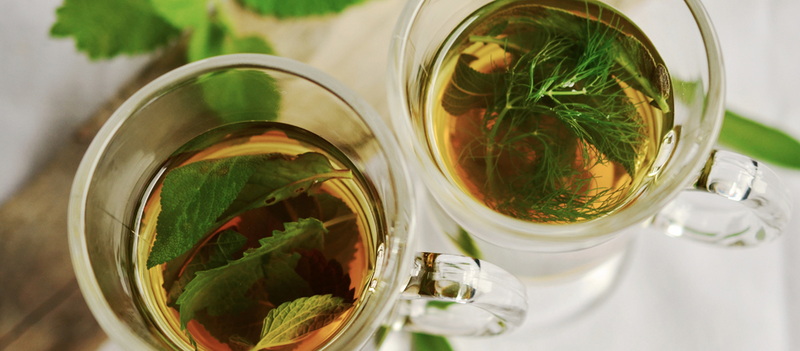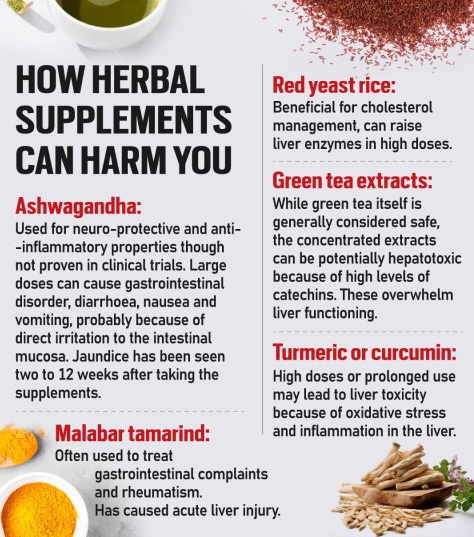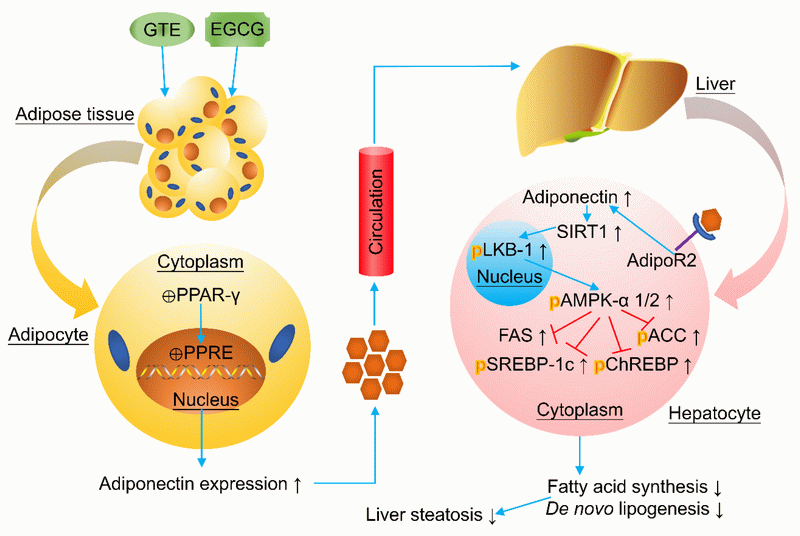Content Menu
● Understanding Green Tea Extract
>> Health Benefits of Green Tea
● The Link Between Green Tea Extract and Liver Damage
>> Case Reports and Studies
>> Genetic Susceptibility
● Symptoms of Liver Damage
● Research Findings on Hepatotoxicity
● Recommendations for Safe Consumption
● Conclusion
● FAQ
>> 1. What are the symptoms of liver damage from green tea extract?
>> 2. Is drinking regular green tea safe?
>> 3. Who is at risk for liver damage from green tea extract?
>> 4. How much green tea extract is considered safe?
>> 5. What should I do if I experience symptoms after taking green tea extract?
● Citations:
Green tea has long been celebrated for its health benefits, including potential cancer prevention, weight loss, and improved cardiovascular health. However, recent studies and case reports have raised concerns regarding the safety of concentrated green tea extracts, particularly their association with liver damage and failure. This article delves into the potential risks of green tea extract, examining the evidence linking it to liver failure, the mechanisms behind such effects, and recommendations for safe consumption.

Understanding Green Tea Extract
Green tea extract (GTE) is derived from the leaves of the *Camellia sinensis* plant and is rich in catechins, particularly epigallocatechin gallate (EGCG). While green tea itself is generally considered safe when consumed in moderation, concentrated forms of GTE found in dietary supplements can pose significant health risks.
Health Benefits of Green Tea
- Antioxidant Properties: Green tea is loaded with antioxidants that combat oxidative stress.
- Weight Management: Some studies suggest that GTE can aid in weight loss by increasing metabolism.
- Cardiovascular Health: Regular consumption may lower cholesterol levels and reduce blood pressure.
Despite these benefits, the concentrated forms of GTE have been linked to adverse effects.
The Link Between Green Tea Extract and Liver Damage
Case Reports and Studies
Numerous case reports have documented instances of liver injury associated with green tea extract. A review of literature from 1999 to 2008 identified at least 34 cases of liver damage linked to GTE consumption, ranging from acute hepatitis to severe liver failure requiring transplantation.
- Acute Liver Failure: In some cases, individuals developed acute liver failure after consuming weight-loss products containing high doses of GTE. For instance, a case study highlighted a 17-year-old who suffered liver damage after using a supplement that contained concentrated green tea extract.
- Mechanisms of Damage: The hepatotoxicity associated with GTE is primarily attributed to EGCG. Research suggests that high concentrations can lead to mitochondrial dysfunction and increased oxidative stress within liver cells.
Genetic Susceptibility
Recent studies have indicated that certain genetic factors may predispose individuals to liver damage when consuming high doses of green tea extract. Variants in genes responsible for metabolizing EGCG have been identified as potential risk factors. This suggests that while many people can safely consume green tea or low doses of extracts, others may experience adverse effects even at recommended levels.
A study from Rutgers University identified two genetic variations that predict susceptibility to liver damage from high-dose green tea extract. Participants with a specific variant in the uridine 5'-diphospho-glucuronosyltransferase 1A4 (UGT1A4) genotype showed significantly higher levels of liver stress markers after consuming GTE compared to those without the variant[2]. This highlights the importance of genetic factors in assessing individual risk.

Symptoms of Liver Damage
Individuals who experience liver damage from green tea extract may present with various symptoms:
- Fatigue: A common early sign of liver distress.
- Jaundice: Yellowing of the skin and eyes due to increased bilirubin levels.
- Abdominal Pain: Discomfort or pain in the upper right abdomen where the liver is located.
- Dark Urine: A sign that the liver is not processing waste effectively.
Research Findings on Hepatotoxicity
A comprehensive analysis published in *Cancer Prevention Research* examined the effects of high-dose GTE on liver enzymes among women participating in a breast cancer risk study. The results indicated a significant increase in alanine aminotransferase (ALT) levels among those taking GTE compared to a placebo group, suggesting potential hepatotoxic effects[3].
Moreover, a systematic review reported over 200 cases of liver failure associated with GTE over the past three decades. Most cases involved concentrated extracts taken for weight loss rather than traditional brewed green tea[1].
Recommendations for Safe Consumption
Given the potential risks associated with concentrated green tea extracts, it is essential to follow certain guidelines:
1. Moderation: Stick to moderate consumption of brewed green tea rather than high-dose supplements.
2. Consult Healthcare Providers: Before starting any new supplement regimen, especially if it involves concentrated extracts.
3. Monitor Symptoms: Be aware of any unusual symptoms after consuming supplements containing GTE.
4. Genetic Testing: Consider genetic testing if there is a family history of liver disease or if you plan on consuming high doses of EGCG.
5. Stay Informed: Keep abreast of new research regarding herbal supplements and their potential side effects.
Conclusion
While green tea offers numerous health benefits, concentrated extracts pose significant risks, particularly concerning liver health. The evidence linking GTE to acute liver failure underscores the importance of cautious consumption. Individuals considering green tea supplements should prioritize safety by consulting healthcare professionals and being mindful of their intake levels.

FAQ
1. What are the symptoms of liver damage from green tea extract?
Symptoms include fatigue, jaundice (yellowing skin/eyes), abdominal pain, and dark urine.
2. Is drinking regular green tea safe?
Yes, drinking moderate amounts of brewed green tea is generally considered safe for most people.
3. Who is at risk for liver damage from green tea extract?
Individuals taking high doses of GTE or those with certain genetic variations may be at higher risk.
4. How much green tea extract is considered safe?
The European Food Safety Authority suggests that catechin doses at or above 800mg per day may pose health concerns.
5. What should I do if I experience symptoms after taking green tea extract?
If you experience symptoms like jaundice or severe abdominal pain after taking green tea extract, seek medical attention immediately.
Citations:
[1] https://pmc.ncbi.nlm.nih.gov/articles/PMC9745259/
[2] https://www.rutgers.edu/news/green-tea-extract-may-harm-liver-people-certain-genetic-variations
[3] https://aacrjournals.org/cancerpreventionresearch/article/10/10/571/112911/Effect-of-Green-Tea-Supplements-on-Liver-Enzyme
[4] https://pmc.ncbi.nlm.nih.gov/articles/PMC8052949/
[5] https://pmc.ncbi.nlm.nih.gov/articles/PMC3746392/
[6] https://www.usnews.com/news/health-news/articles/2024-08-05/botanicals-like-turmeric-green-tea-are-harming-americans-livers
[7] https://www.xiahepublishing.com/2835-6357/FIM-2022-00034






























